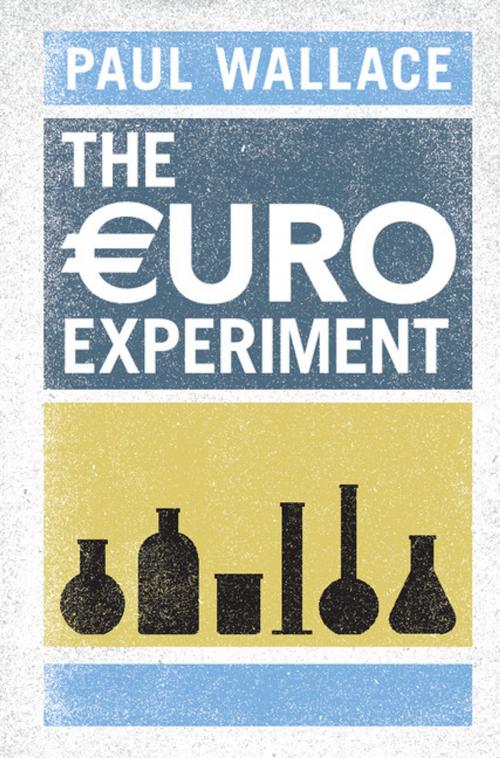The Euro Experiment
Business & Finance, Economics, Macroeconomics, Nonfiction, Social & Cultural Studies, Political Science| Author: | Paul Wallace | ISBN: | 9781316477359 |
| Publisher: | Cambridge University Press | Publication: | November 26, 2015 |
| Imprint: | Cambridge University Press | Language: | English |
| Author: | Paul Wallace |
| ISBN: | 9781316477359 |
| Publisher: | Cambridge University Press |
| Publication: | November 26, 2015 |
| Imprint: | Cambridge University Press |
| Language: | English |
How and why did the euro crisis happen? What are the implications for the economic and political future of Europe? The euro is an extraordinary political and economic experiment, the results of which are still highly uncertain. This book, written by a leading commentator on the economics of the European Union, provides a clear and analytical guide to the euro experiment and the subsequent crisis. Written in a balanced way that is neither pro-euro nor euro-sceptic, it explains the political forces that helped to create and maintain the single currency. Further, it argues that the recent crisis can be best understood in terms of six fundamental issues: sovereign debt, banking, private debt, macroeconomic imbalances, defective economic governance, and the interplay of national and European politics. This accessible account will appeal to a wide readership, including general readers and students as well academics and policymakers working in banking and public policy.
How and why did the euro crisis happen? What are the implications for the economic and political future of Europe? The euro is an extraordinary political and economic experiment, the results of which are still highly uncertain. This book, written by a leading commentator on the economics of the European Union, provides a clear and analytical guide to the euro experiment and the subsequent crisis. Written in a balanced way that is neither pro-euro nor euro-sceptic, it explains the political forces that helped to create and maintain the single currency. Further, it argues that the recent crisis can be best understood in terms of six fundamental issues: sovereign debt, banking, private debt, macroeconomic imbalances, defective economic governance, and the interplay of national and European politics. This accessible account will appeal to a wide readership, including general readers and students as well academics and policymakers working in banking and public policy.















